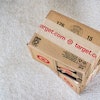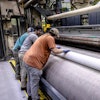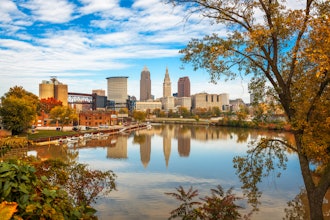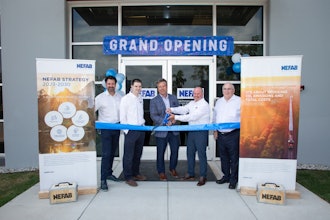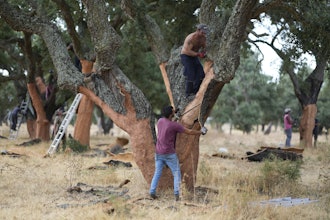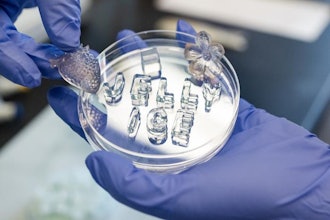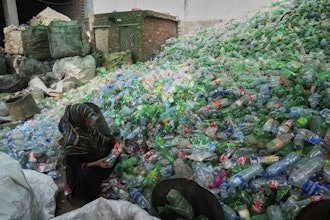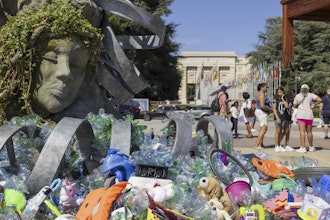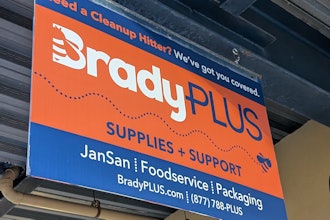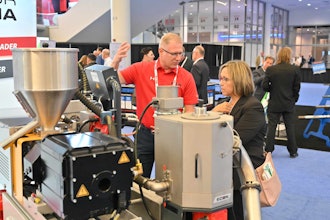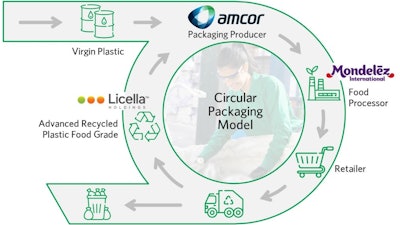
MELBOURNE – Leaders in the packaging value chain have joined forces to further advance a circular economy for plastic packaging in Australia.
Amcor, a global leader in developing and producing responsible packaging solutions, and Mondelez International Inc., the maker of iconic snack brands Cadbury, The Natural Confectionery Company, Pascall and others, are investing in advanced recycling technology pioneer Licella in an important step towards ending plastic waste.
The investments will help Licella advance construction of one of the first advanced recycling facilities in Australia. Licella will use its innovative Catalytic Hydrothermal Reactor (Cat-HTR) technology to recycle end-of-life plastic back into a crude oil substitute suitable to produce new food-grade plastic packaging.
Cat-HTR is an advanced hydrothermal liquefaction technology, which uses hot, pressurized water to continuously recycle end-of-life plastic that would otherwise be sent to a landfill. The new Australian facility, called Advanced Recycling Victoria, will initially process about 20,000 tons per year of end-of-life plastic, with plans to scale up to 120,000 tons per year. Through Amcor, Mondelez International will have access to recycled content from this site to meet much of its Australian soft plastic packaging needs, significantly reducing its need for virgin plastic in Australia.
Amcor delivers a number of packaging solutions containing more sustainable materials, including recycled content, according to Frank Lehmann, vice president of corporate venturing and open innovation at Amcor.
“Amcor is continually seeking opportunities to invest in new technologies that will bring long-term benefits to our customers, consumers and the planet. We recognize our products can play a vital role in the circular economy, and partnerships like this enhance our ability to deliver innovative solutions for our customers, like Mondelez International,” said Lehmann.
Mike Cash, president of Amcor Flexibles Asia Pacific, added, “Amcor will be able to meet increasing customer demand for recycled content in the region with this investment, as well as take another step closer to achieving our target of 30% recycled content across Amcor’s portfolio by 2030.”
With sustainability as the fourth pillar of Mondelez International’s long-term business strategy, the company’s sustainability initiatives are designed to drive growth and create value for its many stakeholders. Recognizing the environmental challenges associated with packaging waste, the company strives to work with partners across the value chain to help support a circular economy for packaging waste. Through its "Light and Right" packaging strategy, Mondelēz International aims to remove unnecessary packaging and simplify packaging materials across the business.
While plastic plays an important part in the security, quality, protection and preservation of food products, there is a gap in sustainable local recycling solutions, said Christine Montenegro McGrath, senior vice president and chief global impact and sustainability officer at Mondelez.
“Our packaging strategy is focused on using less packaging, better packaging and helping to build better systems,” said McGrath. “This investment brings together multiple stakeholders in the supply chain to scale the infrastructure and technology needed to help create a more sustainable future for plastics and is part of our longer-term focus on working toward our goal of net-zero packaging waste by supporting circular economies.”
Len Humphreys, CEO of Licella, said leadership from the industry is needed to help bring Australia closer to more sustainable plastic waste solutions that deliver both economic and environmental benefits.
“This is the leading technology of its kind globally, and it was developed here in Australia. This investment will help advance our Australian facility at a time when demand for sustainable plastic solutions that also help provide food-grade recycled content, is growing,” Humphreys said.

